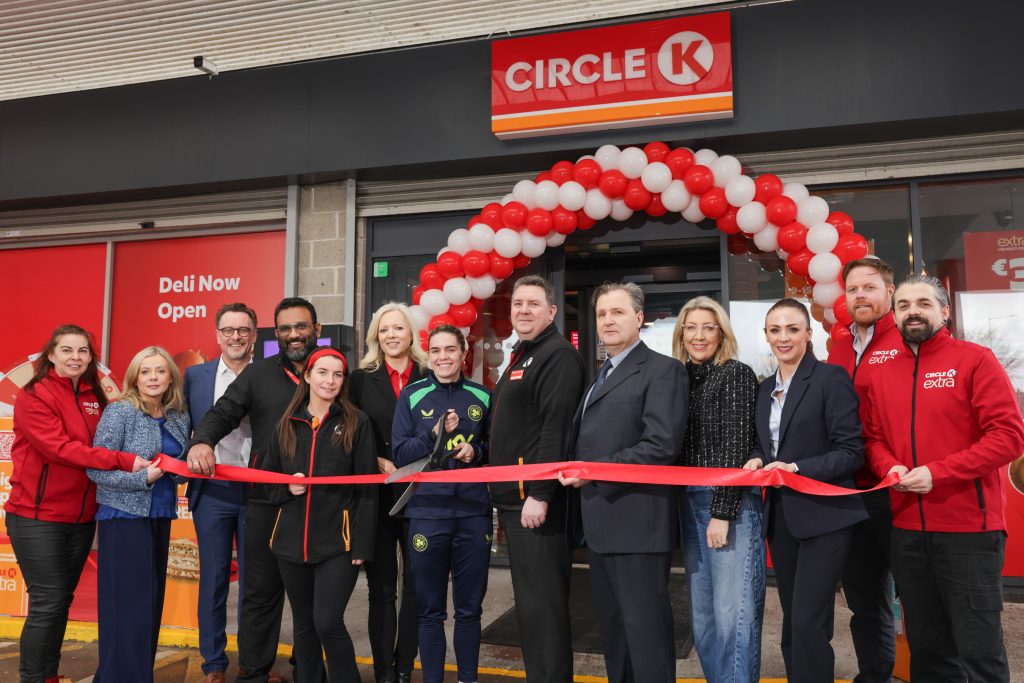The International Road Transport Union (IRU) and FuelsEurope have warned that the omission of road transport from the Sustainable Transport Investment Plan (STIP) will undermine the availability of sustainable fuels.
With STIP presented last week, the European Commission is committing almost € 3 billion for sustainable aviation and maritime fuels by 2027. More importantly, it signals political endorsement for serious investment in clean fuels.
The IRU and FuelsEurope has welcomed the EU’s strategic recognition of the role of clean fuels in aviation and maritime and the policy and investment support they need to scale up. However, the missed opportunity of a complete plan that includes road is regrettable, according to the two stakeholders
Why STIP should include road
Road transport, and in particular heavy-duty road transport, needs all viable decarbonisation tools.
Electricity is an important pathway, but it is not universally usable or always the optimal solution – or even a solution – depending on the type of operation.
Moreover, the enabling conditions simply do not exist today in a consistent way across the EU. It will take at least a decade to align grid capacity, guarantee power availability, and alternative fuels infrastructure throughout the EU.
IRU EU Director Raluca Marian said, “The European Commission continues to frame this as an either/or. It is not.”
“Zero-emission vehicles and clean fuels can, and will, coexist. Clean fuels already deliver decarbonisation today and can do it at a larger scale anywhere in the EU if supported. Why ignore this in a comprehensive EU plan on transport sustainability?”
More fundamentally, fuel production does not happen mode by mode. When producers scale up sustainable aviation or maritime fuels, renewable fuel streams suitable for road are generated as part of the same process.
FuelsEurope Director General Liana Gouta said, “If EU policy excludes road from the use of clean fuels, part of the production output will have no viable offtake. That will erode the investors’ business case, limit economies of scale and raise costs for aviation and maritime fuels, putting investment decisions at risk. Why would the EU agree to invest billions in weakened and unsustainable business cases?”
One ecosystem, one goal
Aviation, maritime and road transport are part of the same industrial ecosystem. Excluding road does not protect or prioritise sustainable fuels for aviation and maritime. It simply undermines them.
Road transport operators are already integrating renewable and low-carbon fuels where available, while also embracing zero-emission technologies. What is missing is equal access to the same investment channels that STIP proposes for other hard-to-immediately-electrify segments.
Making STIP truly multimodal would:
-
- secure a predictable offtake across transport segments
- unlock economies of scale and lower costs
- align investment signals with the EU’s decarbonisation goals
IRU and FuelsEurope call on the European Commission to complete STIP. Europe cannot afford to split modes politically when fuel production processes link them technically and economically.
All modes share a common goal: decarbonisation. All solutions that can cut emissions must be enabled, supported and scaled. STIP is an important signalling step. Now, in implementation, it must become complete.



